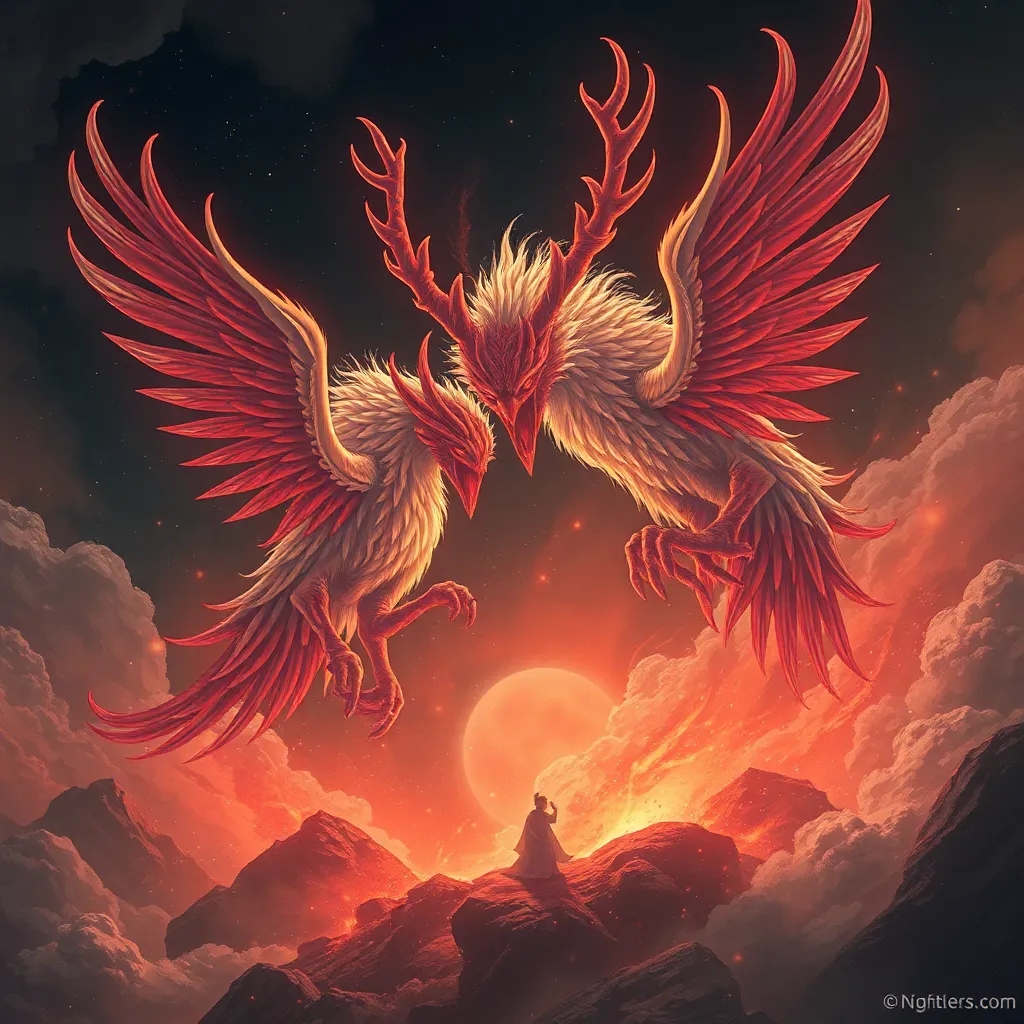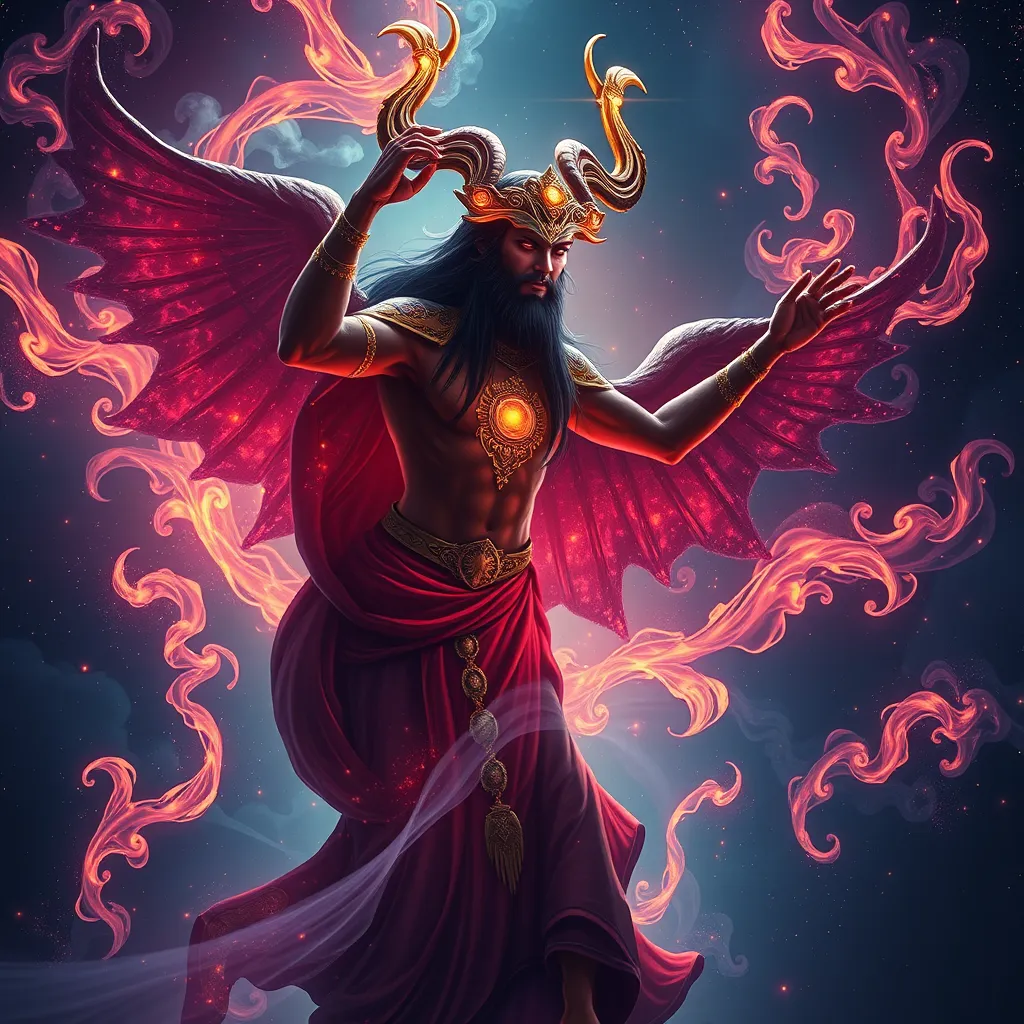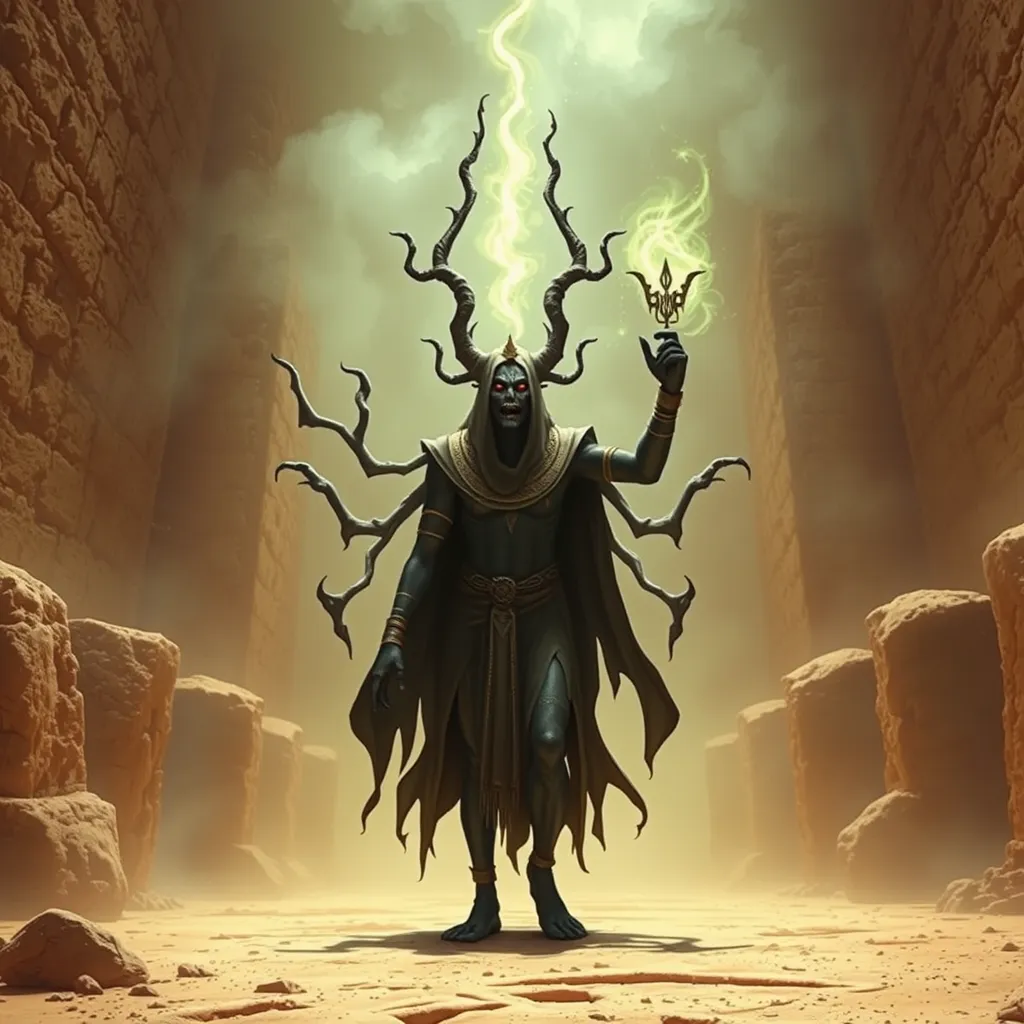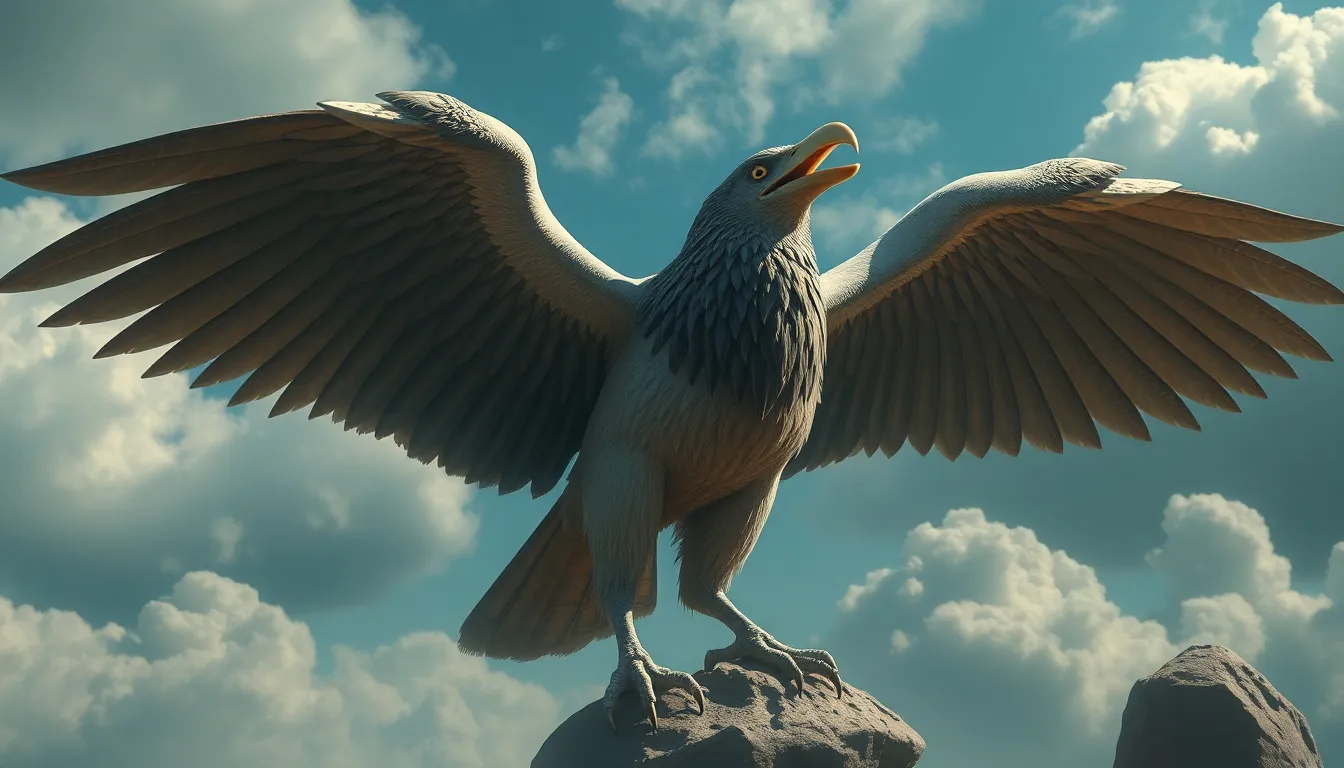The Tengu’s Dreams: Exploring their Aspirations, Hopes, and Fears
I. Introduction
The Tengu, enigmatic creatures of Japanese folklore, have captured the imagination of many throughout the centuries. These beings, often depicted as part human, part bird, are more than mere myth; they embody complex narratives that reflect the aspirations, hopes, and fears of both themselves and the humans who encounter them.
Understanding the dreams and aspirations of Tengu is crucial, as it allows us to delve into the intricacies of their existence and the lessons they impart. This article aims to explore the multifaceted nature of Tengu, examining their mythological background, aspirations, hopes, fears, and their relevance in contemporary culture.
II. The Mythological Background of Tengu
The origins of Tengu can be traced back to ancient Japanese mythology, where they were initially seen as protective deities of the mountains and forests. Over time, their portrayal evolved, and they became associated with both benevolence and mischief.
Characteristics of Tengu include:
- Ability to fly
- Expert martial arts skills
- Shape-shifting abilities
Tengu symbolize the duality of nature—acting as protectors of the natural world while also embodying the trickster archetype. This complexity allows them to navigate the delicate balance between human civilization and the untamed wilderness.
III. Aspirations of the Tengu
Like humans, Tengu have their own aspirations that drive them forward. These aspirations are often reflective of their need for growth and understanding.
A. Desire for mastery in martial arts and spiritual practices
Tengu are often depicted as masters of martial arts, and they aspire to achieve the highest levels of proficiency. This desire reflects their commitment to discipline, training, and spiritual enlightenment.
B. The pursuit of knowledge and wisdom
In addition to martial prowess, Tengu are known for their quest for knowledge. They seek to understand the world around them, often acting as guardians of ancient wisdom.
C. Yearning for acceptance and recognition among humans
Despite their otherworldly nature, many Tengu desire acceptance from humans. They wish to be recognized not just as mythical creatures, but as beings with valuable insights to share.
IV. Hopes of the Tengu
The hopes of Tengu reflect their longing for a harmonious existence with both nature and humanity.
A. The hope for harmony between humans and supernatural beings
Tengu dream of a world where humans and supernatural beings coexist peacefully, understanding each other’s roles and respecting the balance of nature.
B. Dreams of preserving nature and the environment
As guardians of the forests and mountains, Tengu are deeply connected to the natural world. Their hopes include the preservation of the environment for future generations.
C. Longing for a legacy that transcends time
Tengu aspire to leave behind a legacy that is remembered and revered, one that emphasizes the importance of their teachings and the lessons learned from nature.
V. Fears of the Tengu
Despite their aspirations and hopes, Tengu also grapple with fears that reflect their vulnerabilities.
A. Fear of losing their connection to nature and traditional beliefs
As modernization encroaches on the natural world, Tengu fear losing their sacred connection to nature and the traditions that have defined them for centuries.
B. Anxiety over misrepresentation in modern culture
In contemporary media, Tengu are sometimes misrepresented, leading to a diluted understanding of their true nature. This misrepresentation causes anxiety about how future generations will perceive them.
C. Concerns about the diminishing role of folklore in society
With the rise of technology and globalization, Tengu worry about the fading significance of folklore and the loss of cultural identity it represents.
VI. The Tengu in Contemporary Culture
In modern times, Tengu continue to be a source of fascination and inspiration across various forms of art, literature, and media.
A. Representation of Tengu in literature, art, and media
Tengu have been portrayed in numerous novels, anime, and films, often as characters that embody the tension between humanity and the supernatural.
B. The shift in public perception and understanding of Tengu
As interest in Japanese folklore grows globally, there is a shift in how Tengu are perceived, from mere tricksters to complex beings with rich narratives.
C. Tengu’s influence on modern spirituality and practices
Many contemporary practitioners of spirituality draw inspiration from Tengu, integrating their teachings into various practices related to martial arts, nature conservation, and personal development.
VII. Lessons from the Tengu’s Dreams
The dreams of Tengu offer valuable insights not just about their existence, but also about human aspirations, hopes, and fears.
A. Insights into human aspirations, hopes, and fears
Tengu’s experiences mirror our own desires for mastery, acceptance, and connection, reminding us of the universal nature of these themes.
B. The significance of folklore in personal and collective identity
Folklore, as demonstrated through the Tengu, plays a crucial role in shaping our identities, offering narratives that connect us to our past and inform our present.
C. Encouraging a dialogue between tradition and modernity
The Tengu invite us to engage in a dialogue that honors traditional knowledge while adapting to contemporary realities, fostering a deeper understanding of our place in the world.
VIII. Conclusion
In summary, the Tengu’s aspirations, hopes, and fears provide a rich tapestry of meaning that resonates with our own human experiences. As we navigate the complexities of modern life, the relevance of Tengu in today’s world serves as a reminder of the importance of preserving folklore and cultural heritage.
Ultimately, embracing the lessons of Tengu encourages us to honor our connection to nature, acknowledge our fears, and aspire to create a harmonious existence with all beings. In doing so, we can ensure that the dreams of the Tengu, and the wisdom they impart, continue to inspire generations to come.




